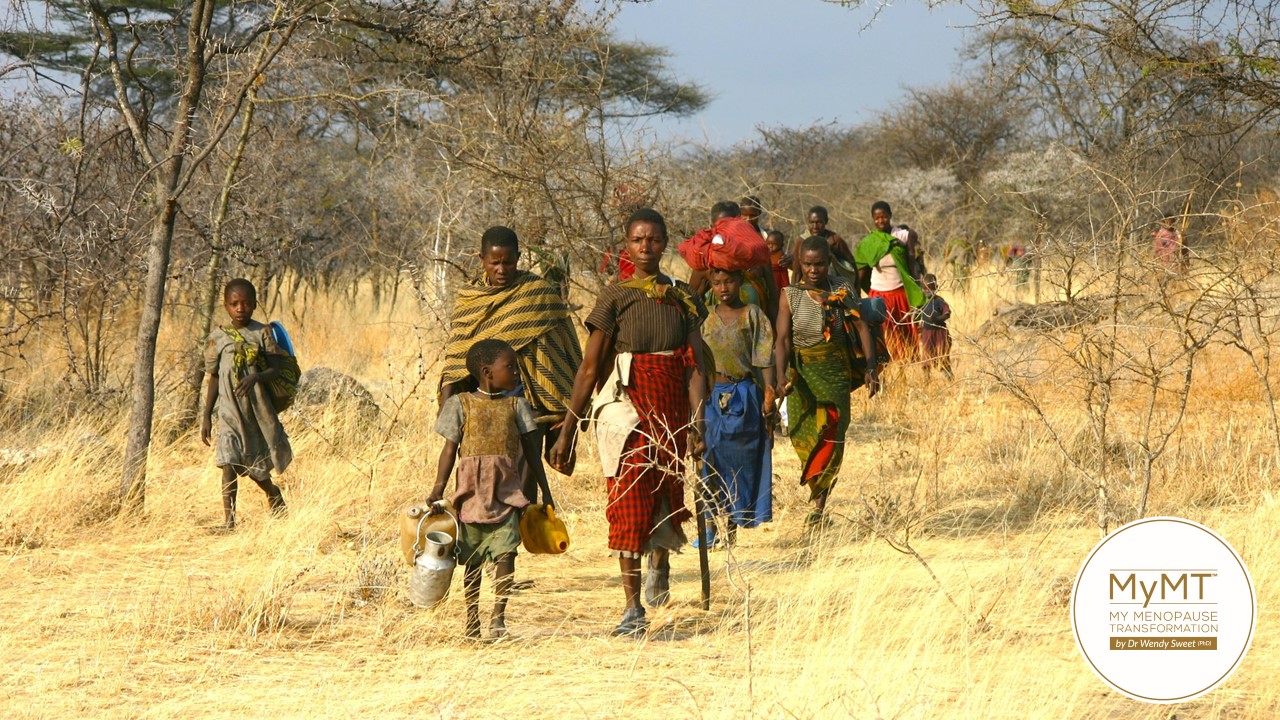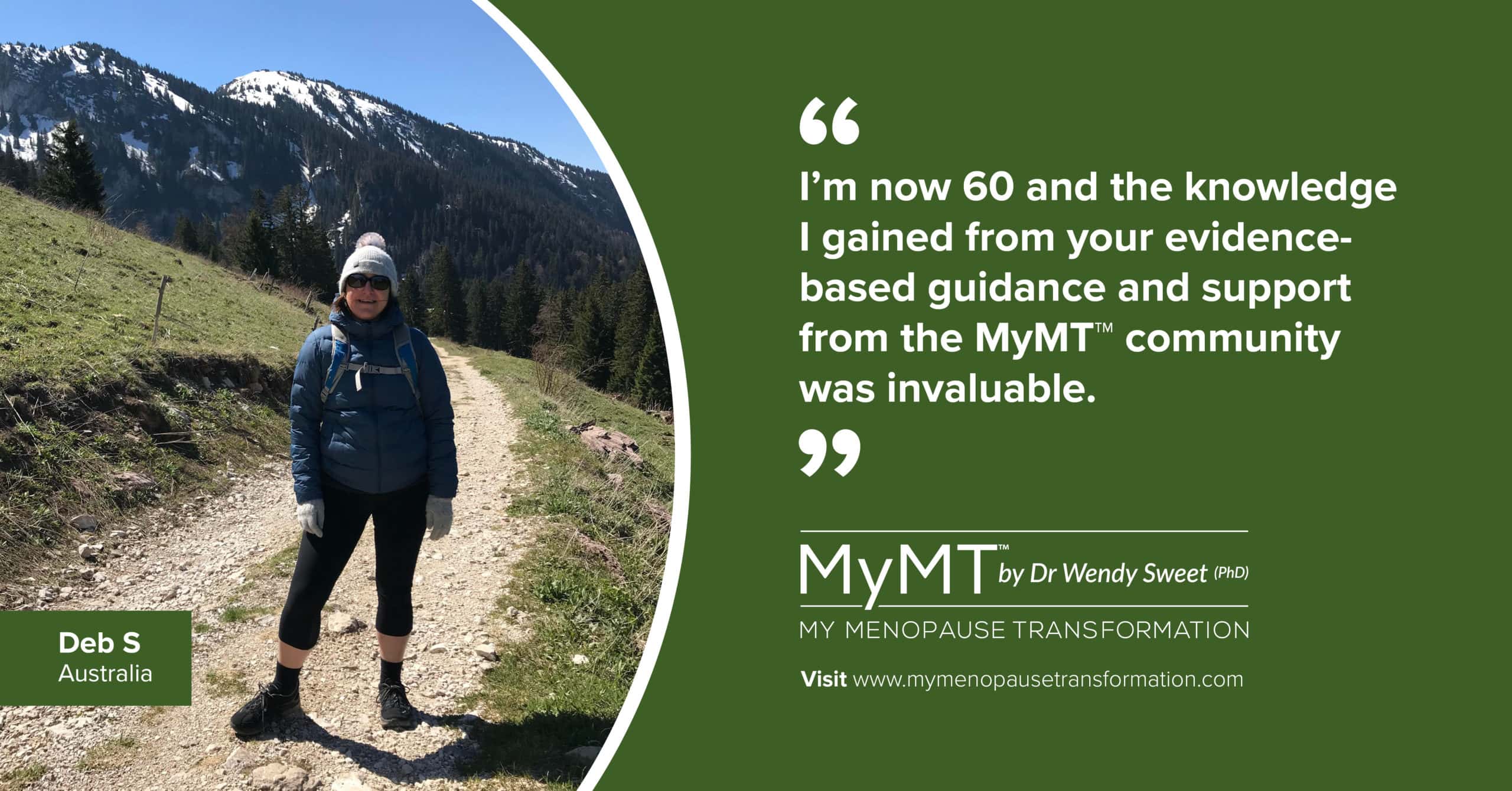I talked about the Hadza women of Tanzania at my pIntensive Workshop for some of my Melbourne ladies last weekend. They were fascinated as I shared the investigative studies into the lives of Hadza women in Tanzania and their menstrual cycles, by Biological Anthropologist, Dr Katherine Fitzpatrick from the UK. Her studies were extraordinary.
How on earth she was able to communicate with pre-menopausal and post-menopausal tribal women about their menstrual cycles and their lives coping with menstruation, is beyond me.
But for 2 years, she observed and interviewed Hadza women, exploring the relationship between foraging for food and menstruation. Her results are fascinating and might allow us to contemplate our very, modern western living against the experience of women living in traditional societies.
Fitzpatrick’s research covered the life-cycle from pregnancy to pre- to post-menopause (although all the Hadza women didn’t have a name for menopause – it was just identified as ‘no more bleeding’) .
On average, puberty occurred at 16 yrs of age and menopause (when periods ceased) occurred in all subjects after the birth of the last child, and this was at 42 yrs old. Don’t forget that the average age of menopause in western societies is 52 yrs old. Those of you who tell me that you are in menopause in your early 40s might actually be ‘normal’ in Hadza society.
Changes in menstrual bleeding patterns signal the approach of menopause in mid-life women and the Hadza women in Tanzania, studied by Dr Fitzpatrick, are no exception. Many women living in Western societies report hot flushes, poor sleep, depressed mood and other symptoms along with these menstrual changes.
With accumulating evidence about the changing hormone milieu associated with depressed mood around menopause (Freeman, 2015). Hence, over the past week, I read Dr Fitzpatrick’s doctoral research with interest.
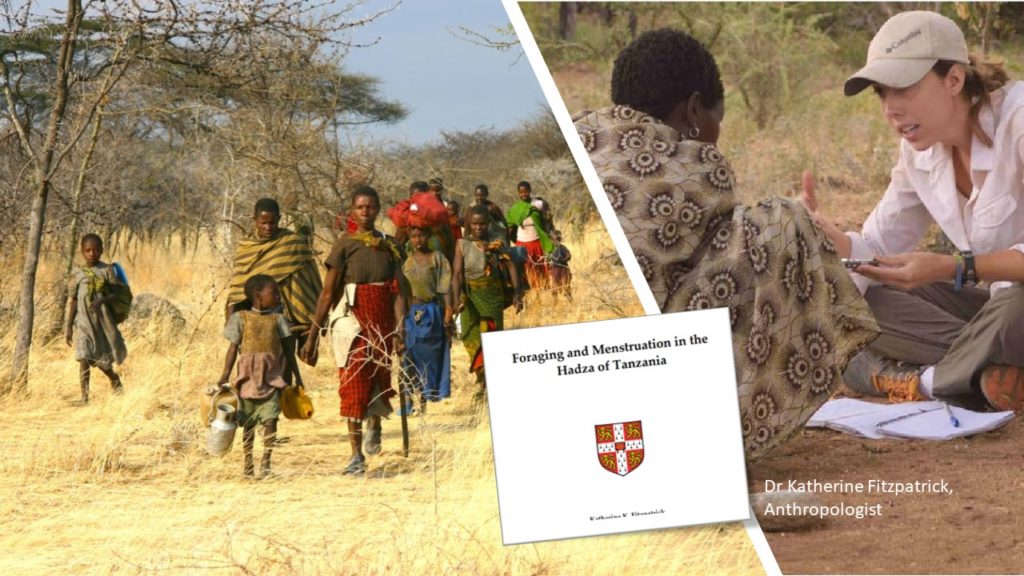
Whether you are still menstruating or not, you might want to take note of some of Fitzpatrick’s findings:
- The average phase that menstruation (bleeding) occurred was only 2 days. Yes, you read that correctly.
- The majority (60%) of Hadza women reported that they do not work (defined as foraging for food and water) during menstruation. They rest in order to conserve their energy. “I rest for three days” was the primary theme that emerged from her interviews with the women. Hence, they don’t leave the camp and rely on other women and older women to bring them food. The only thing they might do is to get water for drinking and self-cleaning during the bleeding phase.
- Post-menopausal women walk further when foraging and most of their food consumption occurs when out foraging. Pre-menopausal women ate a median of 21.0% of food during the day whilst out foraging, whilst post-menopausal women ate a median of 14.9% of total foraged foods. The post-menopausal women took more food back to camp to ‘gift’ to other women and children.
- The average walking distance of post-menopausal women was higher than pre-menopausal women – up to 6-8km a day in total for post-menopausal women. Hence, they foraged further from camp.
- Post-menopausal women appear to be the least in need of provisioning once they return to camp, mainly because most of their 3000+ kilocalories are eaten when foraging. Their main source of calories was from tubers (vegetables that grow under ground on the root of a plant).
- The main symptom described by women who had stopped their menses was vaginal dryness – there was no reporting of hot flushes, depression, sleep problems or sore joints in the pre- or post-menopausal Hadza women interviewed.
- In contrast to Fitzpatrick’s work with Hadza women, are numerous studies of Western women acknowledging that depression and other mood changes, hot flashes and sleep difficulties are among the most frequently reported menopausal symptoms (Freeman, 2015). A prior depression is also the strongest predictor of a subsequent depression during the menopause transition (45-54 yrs). I talk about the other research on exercise and micronutrients in my online Masterclass on Menopause for you too.
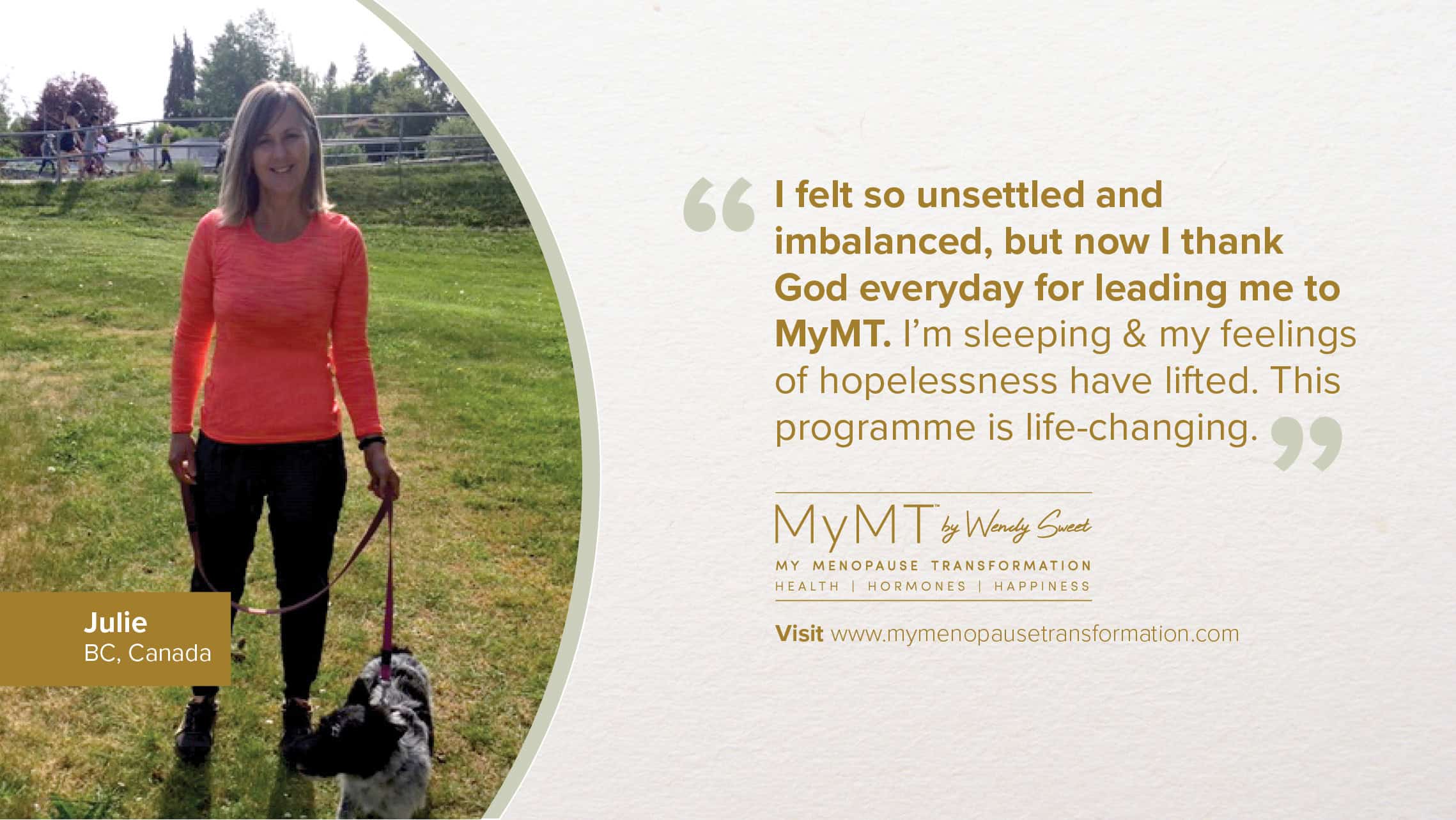
One of the things that I reflected on during my own changing mood state in peri-menopause, was the role of exercise. Numerous studies now report that walking is a ‘first-line’ measure for managing depression (3 x a week at a moderate intensity).
Walking out in nature is even better – especially for women in post-menopause. It’s interesting that the post-menopausal Hadza women, live this life as part of their everyday existence.
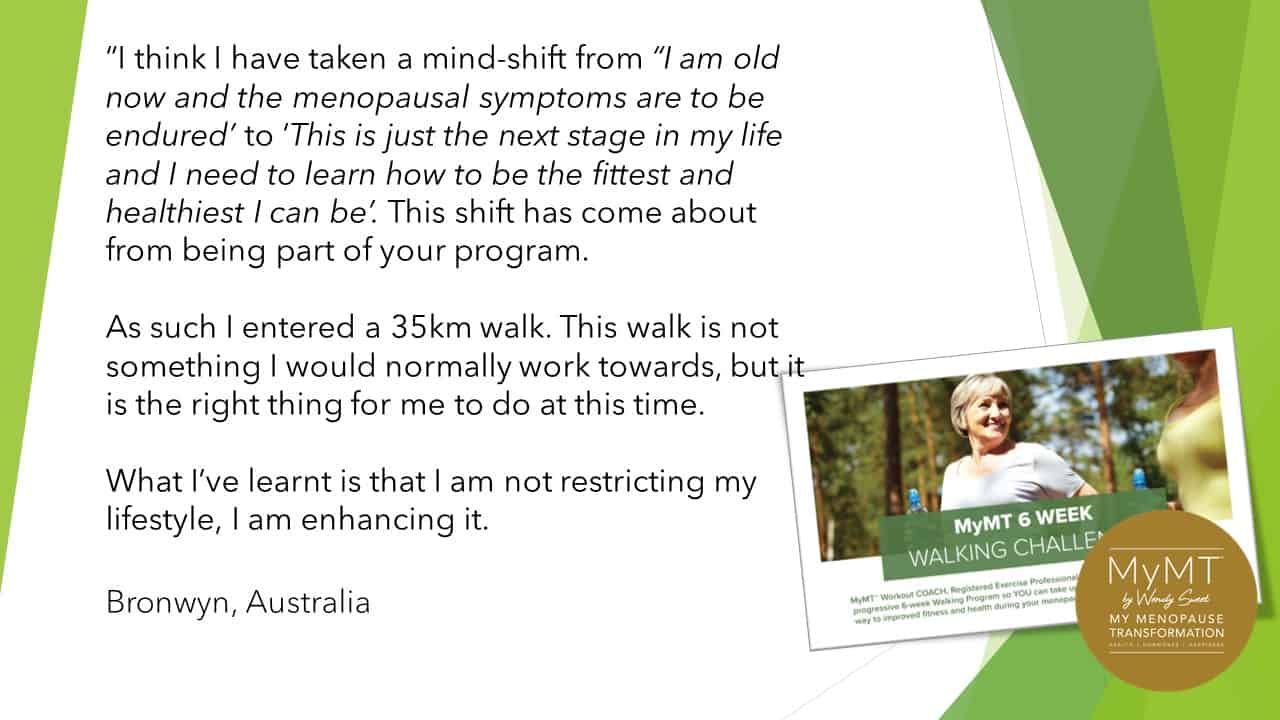
There were a lot of ‘take-away’ moments as I read the PhD thesis of Dr Fitzpatrick this week. I’m pleased I did this for you – because it’s over 200 pages long. But here are my take-aways that we can all learn from our ‘Hadza sisters’ living their lives traditionally.
First and foremost, post-menopausal Hadza women have purpose in their day – they need to go out and forage for food for the survival of the mothers and their children. As such, they walk long distances, but chatter away (social connection) and forage as they go.
They also eat most of the calories during the day whilst ‘working’ and when they are back in the camp, they help to cook and provide food for others. Additional calories are supplied by the men when they return from hunting, and whilst this is meat, the women don’t eat meat every day – only when and if it is available.
In contrast, women who still menstruate (described as ‘by the moon cycle’) acknowledge that when they are in their bleeding phase, rest is important. Many women told Dr Fitzpatrick that if they did walk long distances during their menstrual cycle, the bleeding phase was heavier and longer (up to 3-4 days).
As Dr Fitzpatrick notes, ‘they conserve their energy’. It’s an important consideration for those of you rushing around, looking after children, working long hours and madly exercising, when perhaps, just perhaps, you could (and should) be resting.
Women’s longevity research continues to follow the themes of the Blue Zones research that in order to move into a longer, healthier life, the main determinant for this is ‘a sense of purpose’. The next determinant is ‘social connection’. Followed then by water, food and exercise in that order.
And yes, I have these principles in the MyMT™ programmes because to get to improved ‘health’ as you age, you have to understand how to turn around your sleep, hot flushes, sore joints and changing mental health first.
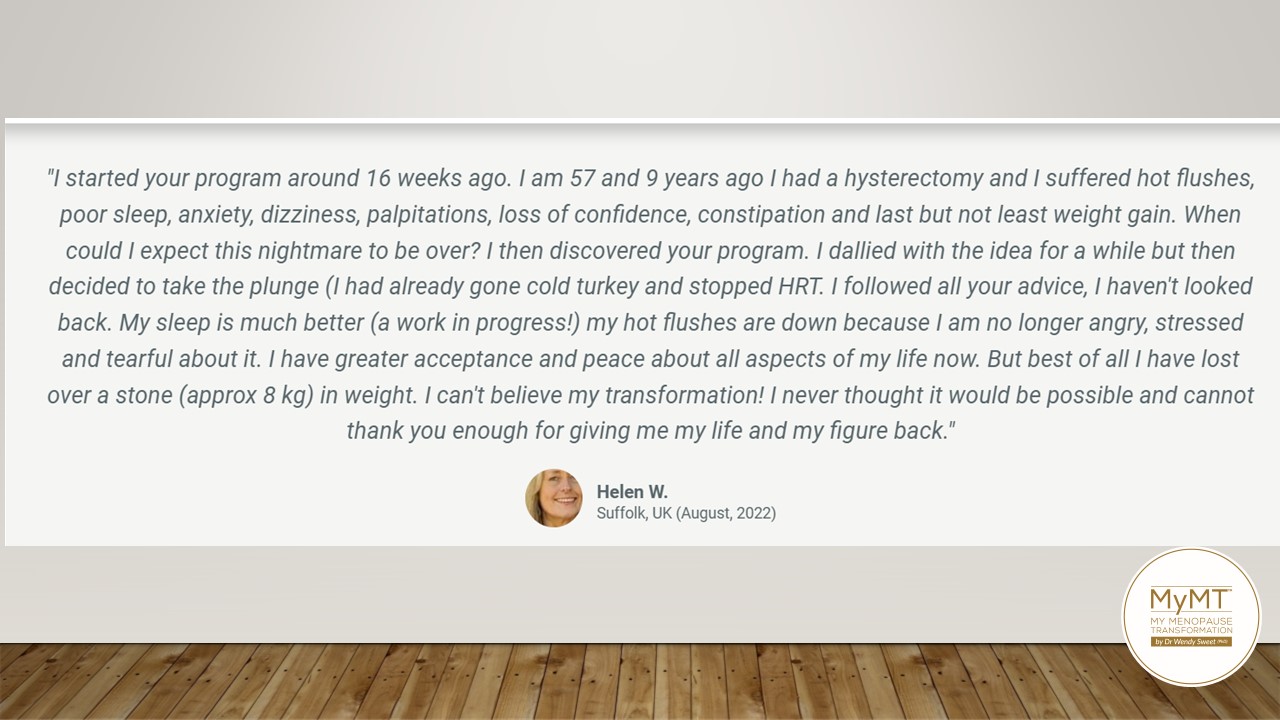
What fascinates me however, is that Hadza women have these factors pretty well sorted in their day-to-day living with very little mention of ‘menopause symptoms’. Don’t you think so too?
Dr Wendy Sweet (PhD)/ Member: Australasian Society of Lifestyle Medicine.
PS: Don’t forget that my 2 hr Masterclass on Menopause seminar (including lots of solutions for you) is only NZ$15 [approx. AU$14, UK£7.5, €9 CA$14, US$11].
You can ‘pause’ me anytime you like over the 2 hours of the webinar and I have so many solutions for you as well. It is all pre-recorded so there’s no booking – you have 3 months access and you can watch it anytime, anywhere. If you scroll down you can click on the link to read more about it.
Join me when you can and have a wonderful week ahead. I hope you can get out and walk!
Dr Wendy Sweet (PhD)/ Member: Australasian Society of Lifestyle Medicine
References:
Fitzpatrick, K. (2018). Foraging and Menstruation in the Hadza of Tanzania. Doctoral Thesis. Department of Archaeology & Anthropology, University of Cambridge, England.
Freeman, E. (2015). Depression in the menopause transition: Risks in the changing hormone milieu as observed in the general population.Women’s Midlife Health, 1:2, 1-11.
Pickle NT, Grabowski AM, Auyang AG, Silverman AK. The functional roles of muscles during sloped walking. J Biomech. 2016 Oct 3;49(14):3244-3251. doi: 10.1016/j.jbiomech.2016.08.004.
Sydora BC, Alvadj T, Malley A, Mayan M, Shandro T, Ross S. Walking together: women with the severe symptoms of menopause propose a platform for a walking program; outcome from focus groups. BMC Womens Health. 2020 Aug 5;20(1):165. doi: 10.1186/s12905-020-01037-y.
Xie Yumeng, Wu Zuotian, Sun Limin, Zhou Lin, Wang Gaohua, Xiao Ling, Wang Huiling. The Effects and Mechanisms of Exercise on the Treatment of Depression. Frontiers in Psychiatry, 12, 2021
